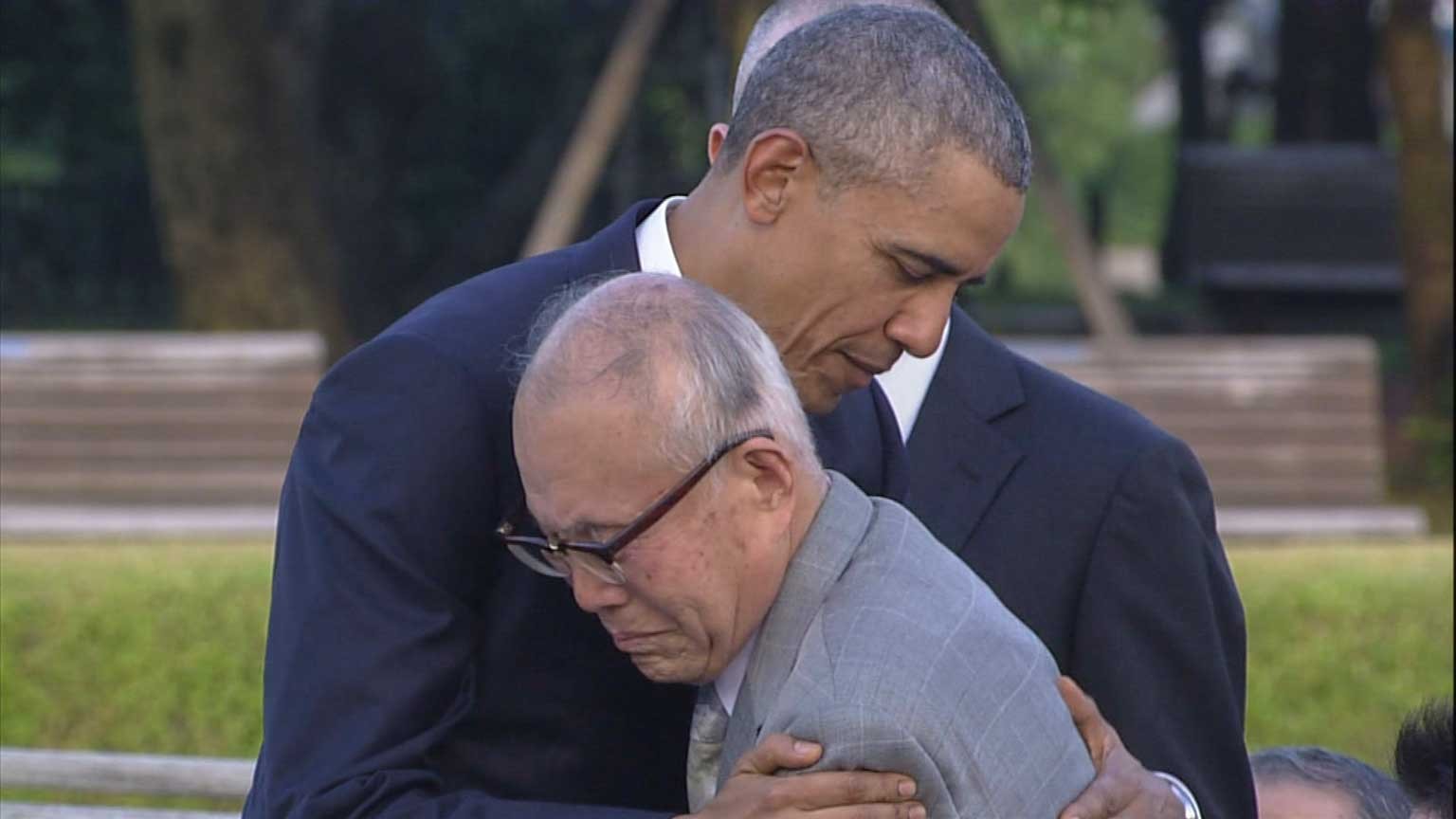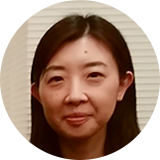Mori's life changed forever on that fateful day of August 6, 1945.
He had no idea he would go on to become one of the most prominent of the hibakusha. He also did not expect to begin a lifelong connection with the families of a group of American prisoners of war who died in the bombing.
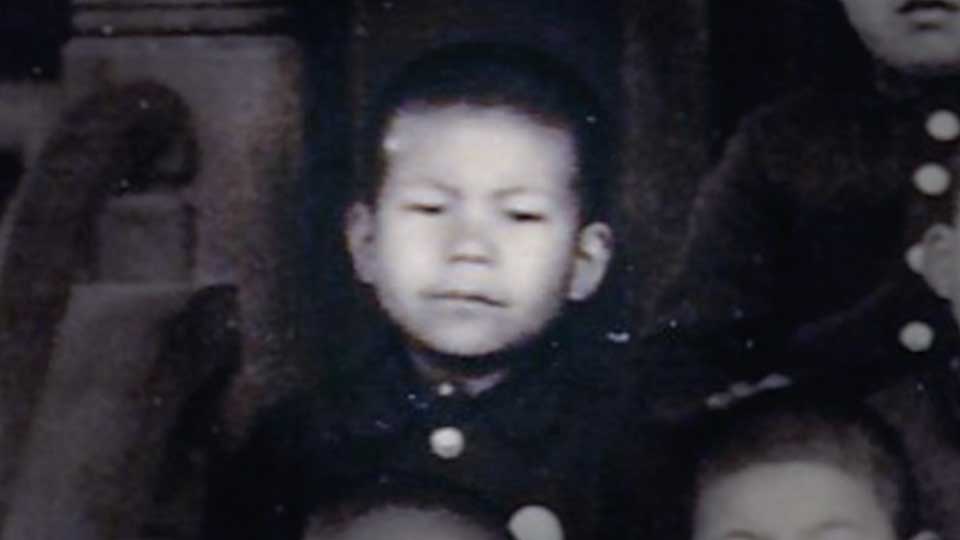
Mori was eight when the atomic bomb exploded over Hiroshima. He was 2.5 kilometers from the hypocenter. The blast hurled him through the air and into a nearby river. Miraculously, Mori suffered no major injuries. But he never forgot what he saw.
"There was a young woman using both hands to keep her organs from falling out. She was trying to get to the hospital," Mori recalls.
In the mid-1970s, NHK requested illustrations from the survivors in order to leave a legacy for future generations. Mori searched his memory to come up with images.
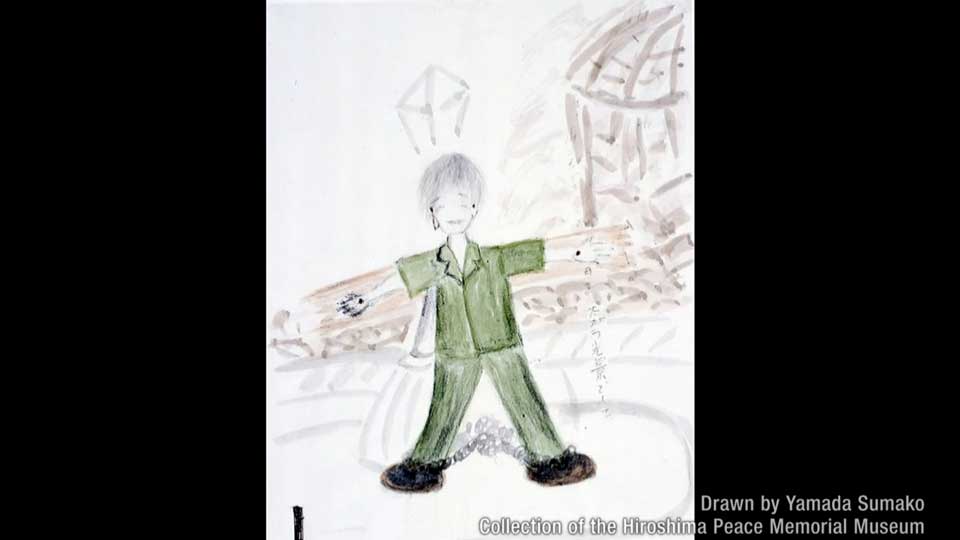
At the age of 38, he began an investigation into the damage the bomb caused.
While interviewing people, he learned that during the war, two US bombers had crashed nearby, and the crew was taken into captivity. So began his quest to uncover the story of US prisoners of war who died in the blast.
Among the illustrations NHK collected were images of dead American POWs. One of the bodies had been found in the school Mori attended.
Hearing this made him realize that he too could have died. Mori says he saw the POWs as fellow human beings, not as enemies. He then began a search for their families.
Over the following decades, Mori combed through stacks of documents and interviewed hundreds of people. He eventually tracked down the surviving relatives of the POWs and shared with them the story of their deaths.
"As a person who survived the devastation, I think that I have contributed to peace in some small way by being able to bring closure to the surviving relatives of the dead American POWs," he said.
Once the families agreed, Mori was able to register the POWs as atomic bomb victims.
Then, using his own money, he built a memorial for them.
Mori says that over the years he has exchanged more than 100 letters with the families.
Obama's visit changed Mori's life
In May 2016, then-US President Barack Obama touched on Mori's activities in his speech in Hiroshima.
"The man who sought out families of Americans killed here because he believed their loss was equal to his own."
In his book on the POWs, Mori wrote about his meeting with Obama.
"I think that the president and I experienced an understanding that cannot be put into words. President Obama's desire for the elimination of nuclear arms was palpable. Like the president, I hope for a world in which nuclear weapons are eliminated."
The global situation is going against expectations
Almost seven years have passed since Obama's visit. The world is now moving away from what Mori had wished.
His health has been in decline. Despite this, he has not let up in his work to see a world free of nuclear weapons and to share with people his desire for peace.
"I believe peace equals kindness. I want to emphasize the importance of kindness on all levels. Arguments and even wars result from people asserting their will. If they can suppress that part of themselves and restrain themselves, they can fully honor the standpoint of other people."
Sharing thoughts on peace
In April, Mori and his wife, Kayoko, also a hibakusha, participated in a peace event online sponsored by a Harvard graduate school.
In his opening remarks, Mori said, "Who will protect peace? Peace cannot be created alone. It's something that people around the world must desire and execute."
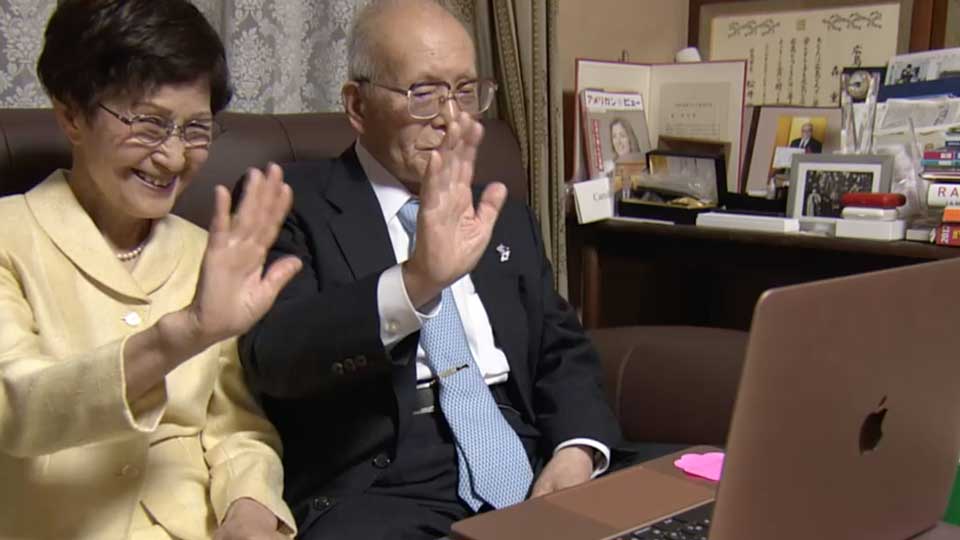
At the event, they spoke about their experiences promoting peace. Mori has faced many challenges and Kayoko has witnessed his struggles.
"He was attacked with words that could only be taken as criticism. The two of us have stood together side by side with the feeling that we had no enemies or friends."
Mori concluded with an appeal to the young people in attedance. His hope was that his words would instill in them a belief that the most important thing is to listen to people who may have different values.
"If you are a human being, what is right? How should you think as a human being, as an enemy or ally? As a human being, I want people to think, and act based on whether they are right or not."
One student said, "His words made me realize how we should all think about peace with empathy and how we can eliminate war, given the current situation of wars around the world."
Mori's desire for peace has only grown stronger over the years. He has also kept in touch with the families of the POWs and other survivors.
A letter Mori received from a survivor and former US bomber pilot states, "War brings destruction and hatred; peace brings prosperity and happiness. This we have learned. We want to pass this on to the next generation."
These words succinctly sum up Mori's current activities. He feels great urgency about the precarious global situation in which the threat of the use of nuclear weapons is increasing.
Mori says that having the summit at this time in Hiroshima was significant, as it and Nagasaki are the only cities in history to have suffered atomic bombings, and where one can hear the experiences of hibakusha.
As an atomic bomb survivor, Mori is holding out hope that the world leaders will declare the abolition of nuclear weapons and that they will never again be used.
